
Editor’s Note: This post is too long for email. Click on the title of the essay to read on Substack or click on "View entire message" to view the entire post in your email app.
As each year ends, I look back at what I’ve learned professionally and where I’ve developed new questions, or where I realize I have gaps in understanding some of the very complex and fraught issues that we face collectively and individually, as librarians and as citizens. I also aspire to be a “professional learner” beyond librarianship because many of the issues that are now before us—relating to intellectual and academic freedom, political polarization, social media and its influences, the role of experts and scholars, the credibility of institutions, and the obligations of citizenship—impinge on library professional practice.
In a sense, I am constructing my own “Readers’ Advisory” suite of resources each year, but directed at myself rather than developed for others. At this point, I am recalling a habit from decades ago, as an undergraduate, of consulting J. Sherwood Weber’s Good Reading for classic texts in a wide range of fields, in order to fill in gaps in my knowledge--and am finding that personalized “Readers’ Advisory” helpful. Of course, my range of recommendation sources for expanding my knowledge outside of librarianship has increased substantially since the “Good Reading” recommendation days. Also, new perspectives and new schools of thought emerge and “scholarship as conversation” continues—a reality I am attuned to more than ever.
My reading list this year reflects some of those newer lines of scholarly inquiry as well as some established ones that I do not know very well. I also decided this year to enumerate some important (and possibly generative) questions that our current social, political, and cultural debates are encouraging me to reflect on, and then to create a list of significant books (by no means the only ones possible) that respond to the questions.
I offer these books as one way of exploring these questions; there are, of course, many other questions that will generate further ideas for readings in 2025. I encourage readers to offer their own prospective readings in the Comments and to suggest other questions as well.
1. What are the prospects for academic and intellectual freedom and free expression in general under the incoming Trump administration?
Keith Whittington, You Can’t Teach That! The Battle Over University Classrooms [WorldCat]
[forthcoming]. Jacob McChangama and Jeff Kosseff, The Future of Free Speech (link is to their website)
2. I’m hearing and reading much in the news about rebuilding communities and renewing trust. What are some different perspectives on this very large goal?
Seth Kaplan, Fragile Neighborhoods [WorldCat]
Kevin Vallier, Social Trust [WorldCat]
3. The popular press is full of accounts now of declines in reading scores, reading abilities, and distractibility, among Gen Z students, and the larger related problem of attention in our society. I’d like to see more scholarly treatments of this issue.
Adrian Johns, The Science of Reading: Information, Media & Mind in Modern America [WorldCat]
Yves Citton, The Ecology of Attention [WorldCat]
4. Debates about the mental health issues for children and adolescents associated with social media, and with the impacts of all digital interactions, continue. What do we know now, and what further lines of research need to be pursued to know more?
Dimitri Christakis and Adrian Hale, editors. Handbook of Children and Screens: Digital Media, Development, and Well-Being from Birth Through Adolescence [Open Access e-book]
5. Many controversies have erupted in recent years about the politicization of social media, the influence of “Big Tech,” the impact of weaponized algorithms, and suppression of free expression rights on privately held social media platforms. Connected with these controversies are the ever-morphing concepts of “fake news”, “misinformation,” and “disinformation.” A researcher’s account of how social media companies have operated in recent years would be helpful.
Renee DiResta, Invisible Rulers: The People Who Turn Lies Into Reality [WorldCat]
6. Given global and national events of the past five years, experts, scientists, and scholars have received some well-deserved criticism. What are some possible avenues for thinking about expertise (especially in the sciences), from different vantage points?
Maria Baghramian and Carlo Martini, editors. Questioning Experts and Expertise [WorldCat]
Matthew Motta, Anti-Scientific Americans: The Origins, Prevalence, and Consequences of Anti-Intellectualism in the U.S. [WorldCat]
7. We’re hearing more, in popular parlance, about various branches of the study of knowledge—particularly political epistemology and social epistemology—a likely consequence of intense political and cultural polarization. What’s a good introduction to political epistemology and also a landmark work from a leading scholar in this area who addresses our current dilemmas in making democracy work, given ongoing polarization?
Michael Hannon and Elise Woodard, Political Epistemology: an Introduction
Jeffrey Friedman, Power Without Knowledge: a Critique of Technocracy [WorldCat]
8. If I wanted to know two different perspectives on renewing citizenship in liberal democracies, where could I find two especially compelling ones?
Richard Tusk, Active and Passive Citizens [WorldCat]
Marjan Ehsassi, Activated Citizenship: The Transformative Power of Citizens’ Assemblies [WorldCat]
9. Climate change is often discussed in apocalyptic terms. What is a good book for a more balanced perspective on this important topic?
Hannah Ritchie, Not the End of the World: How We Can Be the First Generation to Build a Sustainable Planet [WorldCat]
10. Who are some recent and classic interdisciplinary scholars who examine psychology, political science, economics, sociology, and history together?
Brian Klaas, Fluke: Chance, Chaos, And Why Everything We Do Matters [WorldCat]
Lionel Page, Optimally Irrational [WorldCat]
Robert Nisbet, History of the Idea of Progress [WorldCat]
11. What if I wanted some wisdom on dealing with too much complexity, stress, and polarization in politics and culture? What are some excellent thinkers who’ve written about citizenship and keeping our sanity in this fraught time?
Mark Lilla, Ignorance and Bliss: On Wanting Not to Know [WorldCat]
Robert Talisse, Civic Solitude: Why Democracy Needs Distance [WorldCat]



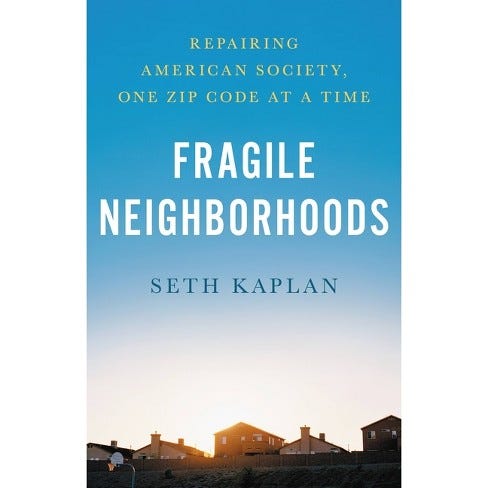
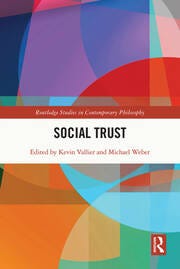
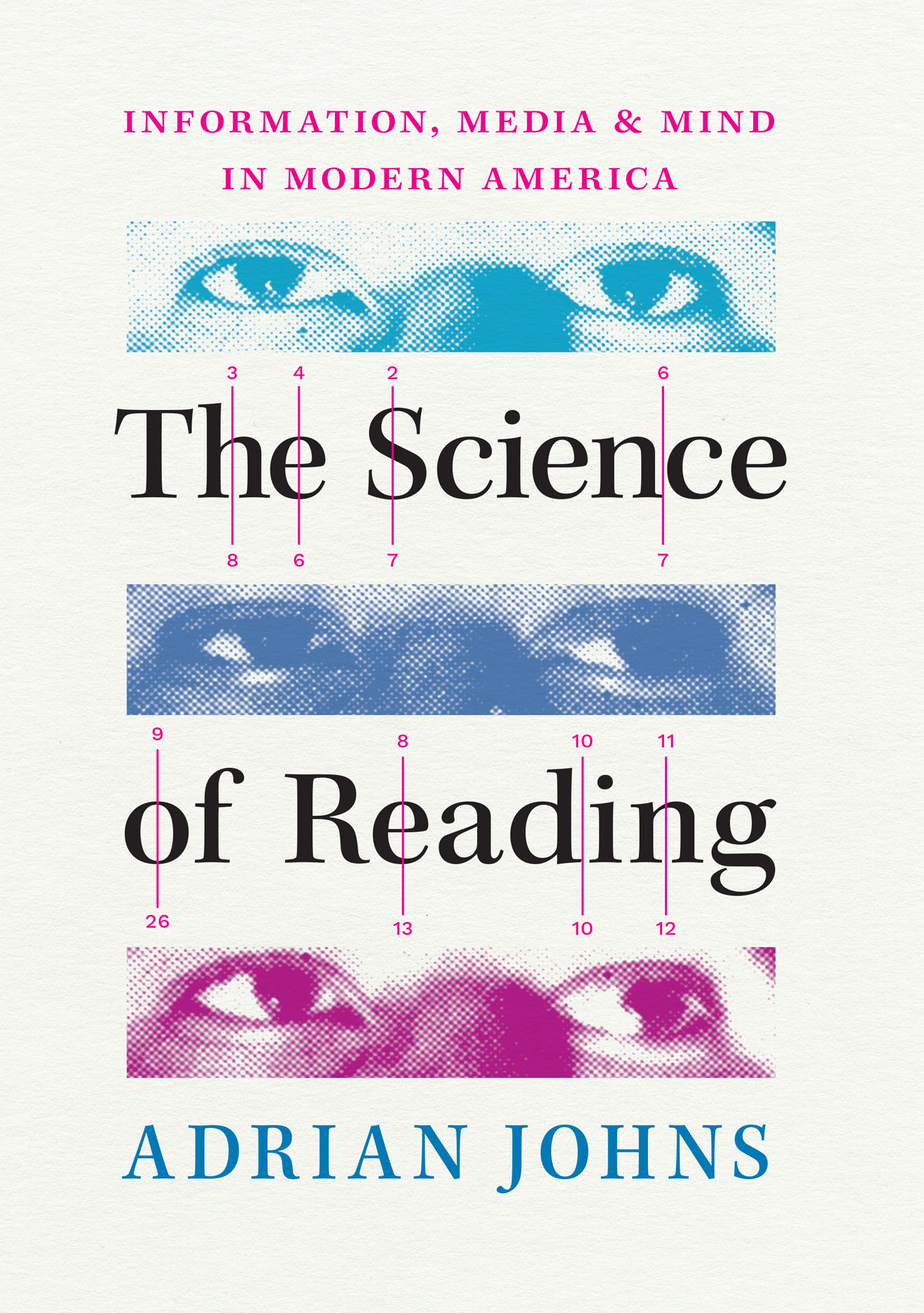
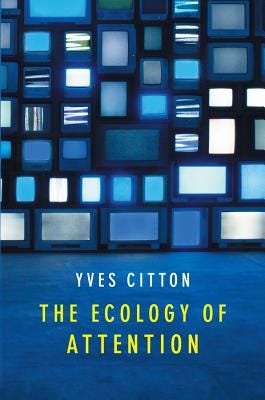
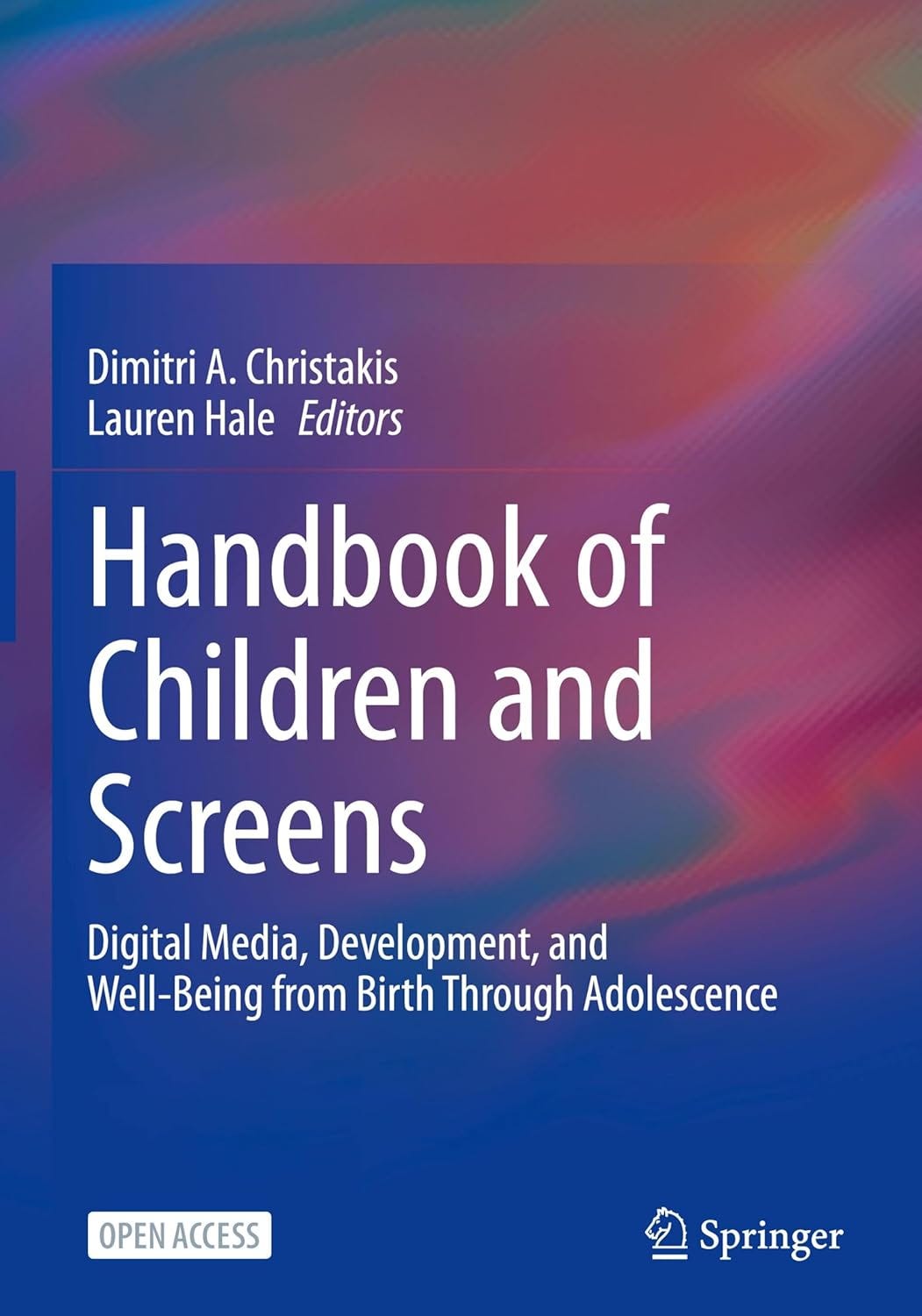
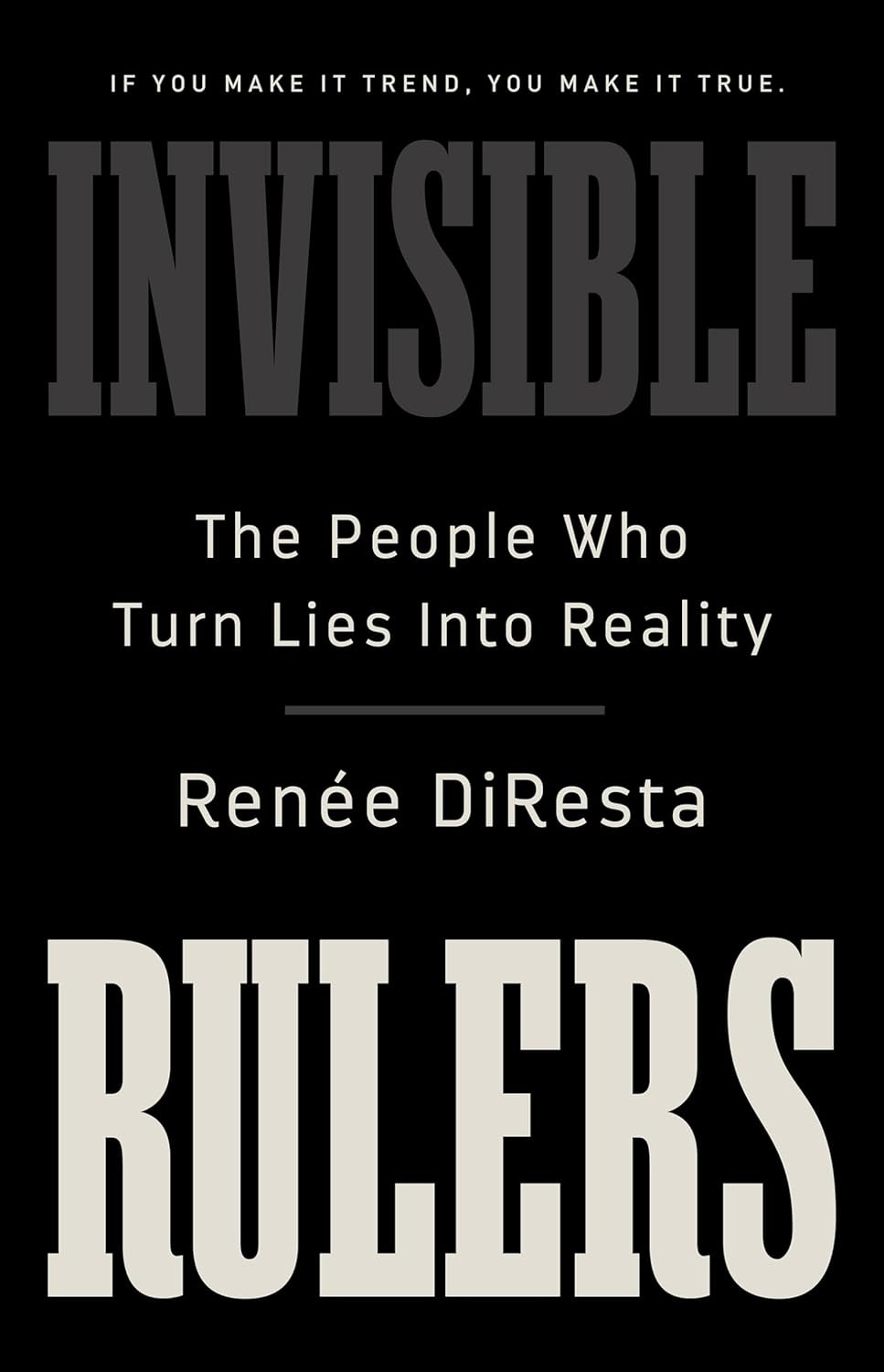
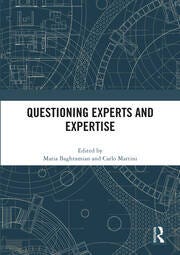
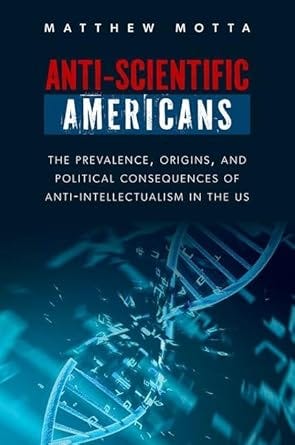
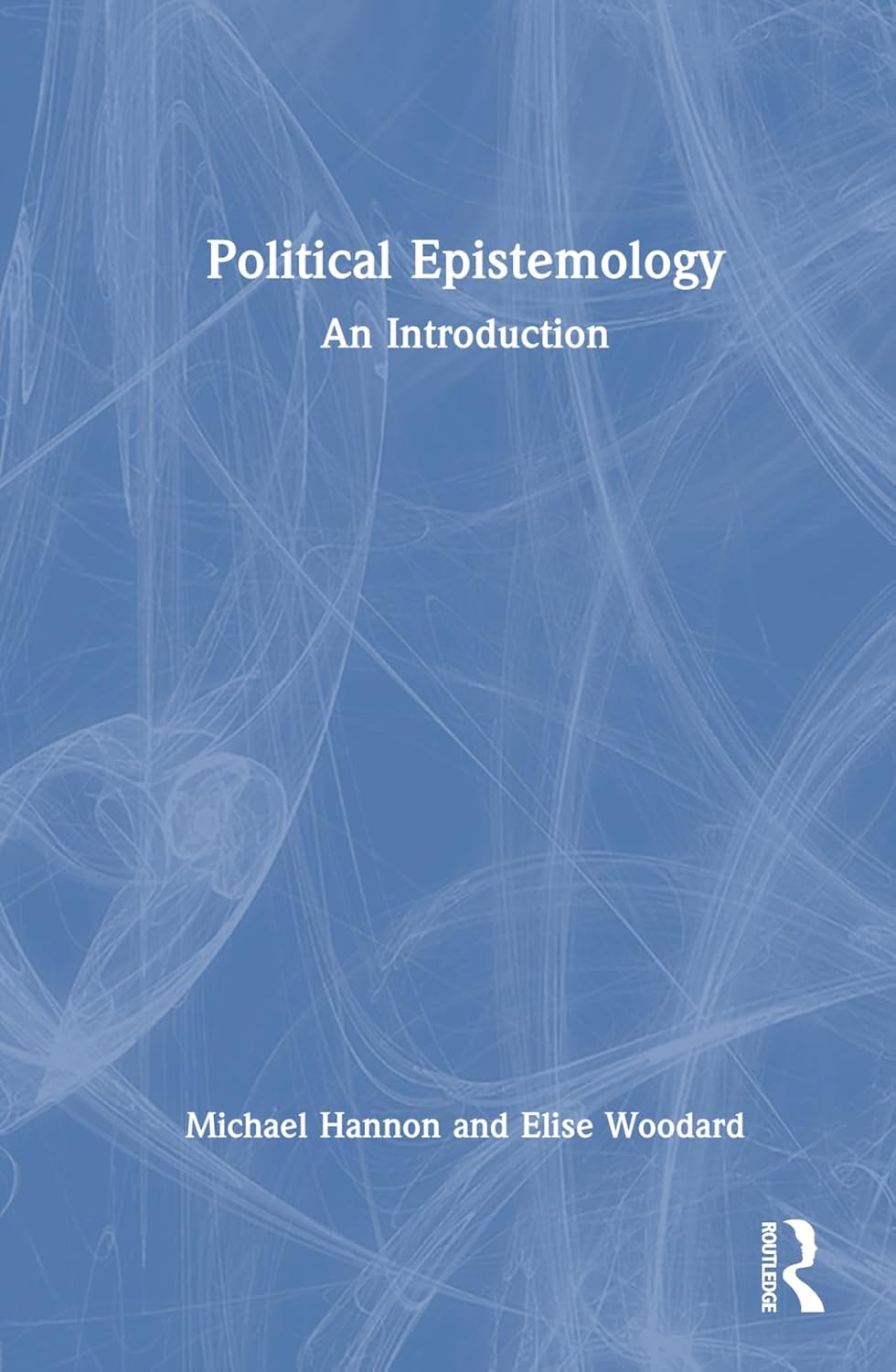
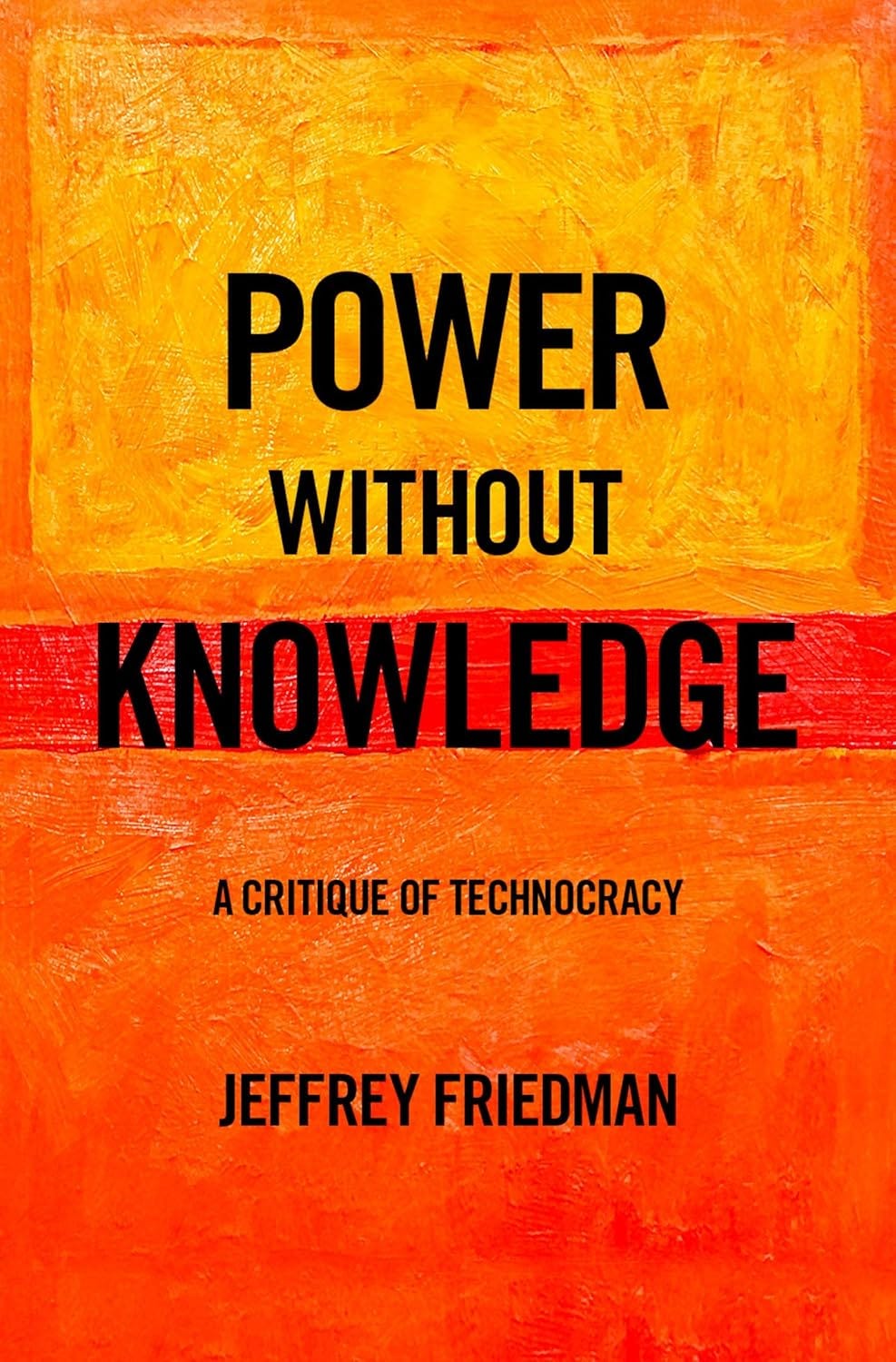
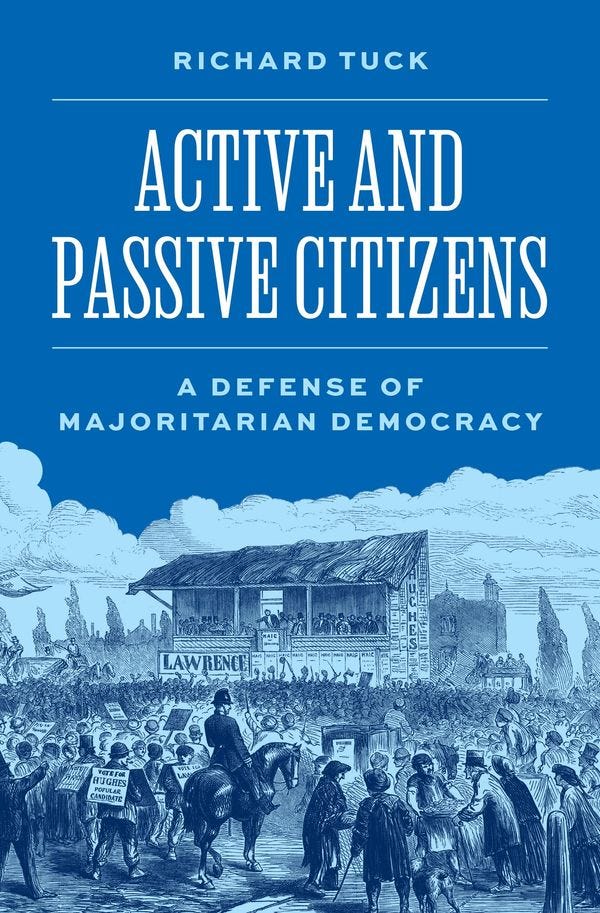
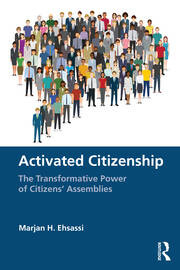
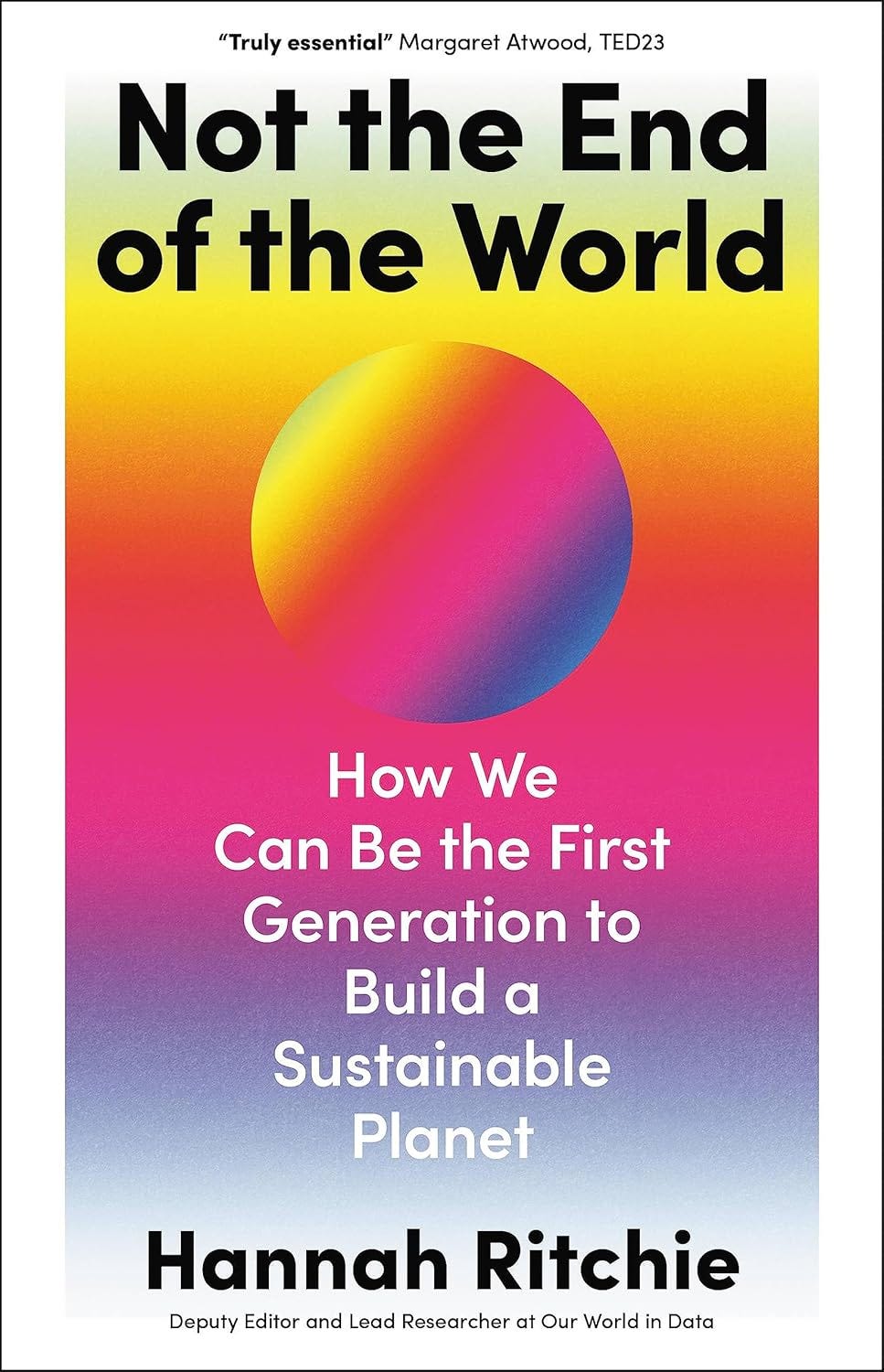

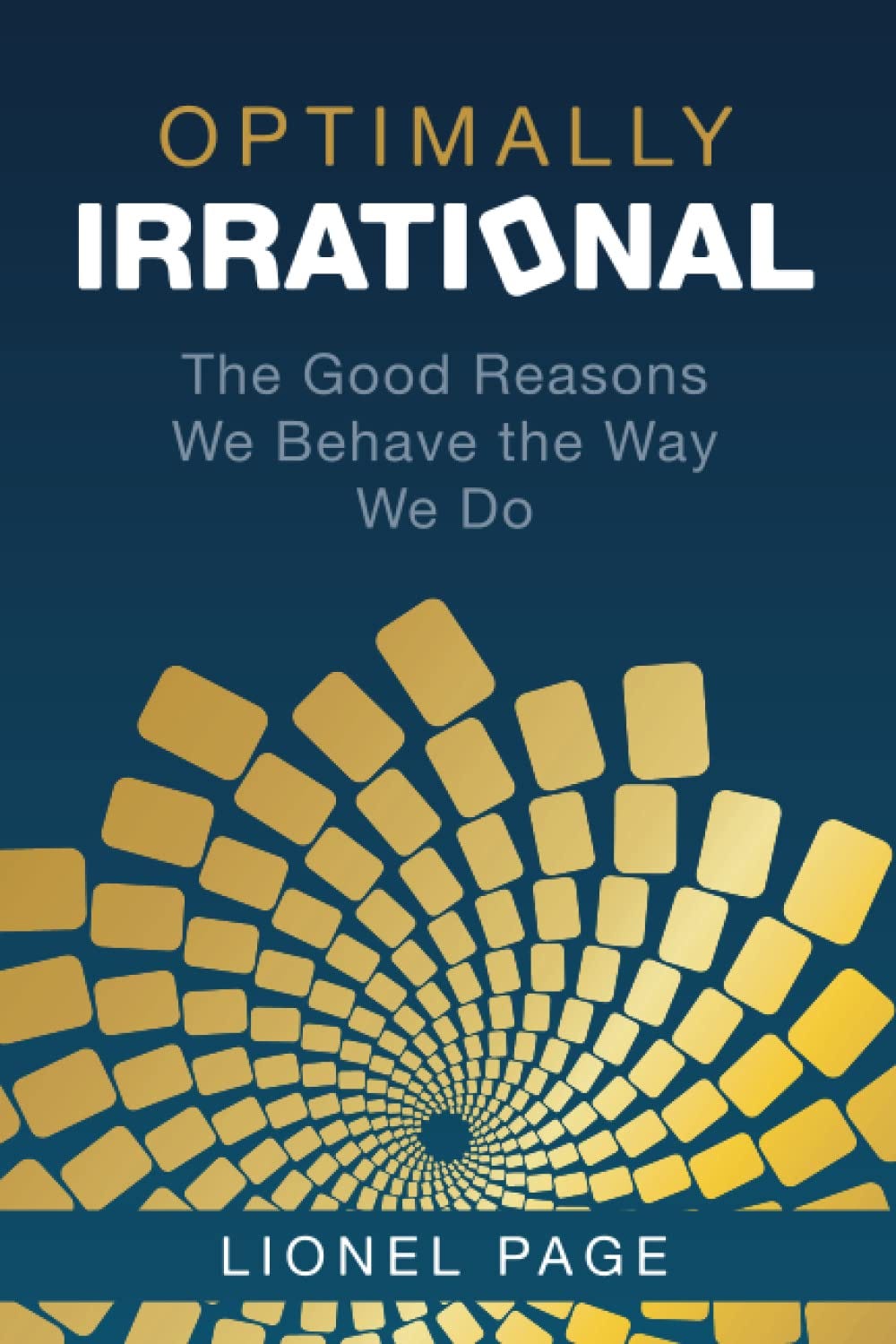
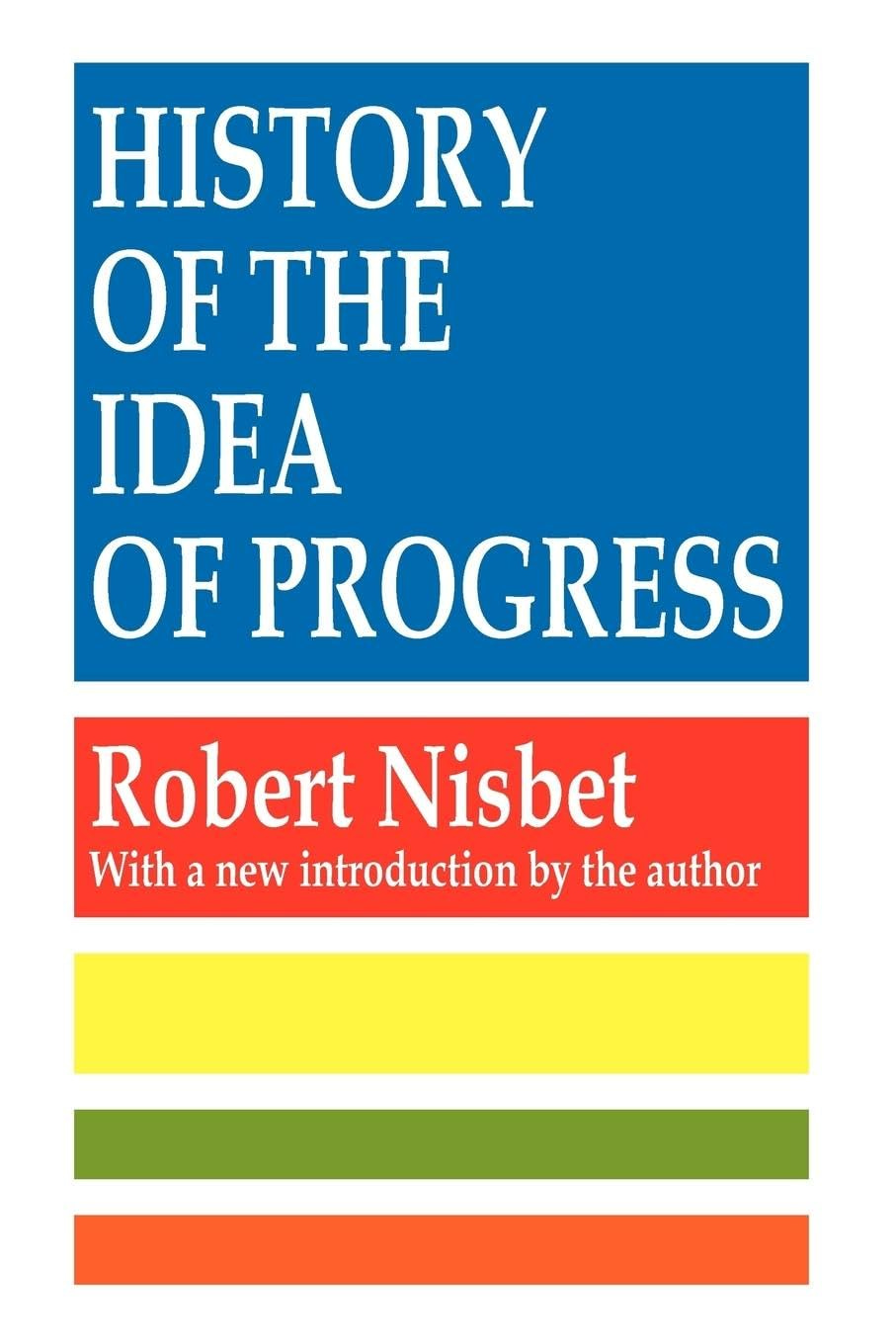
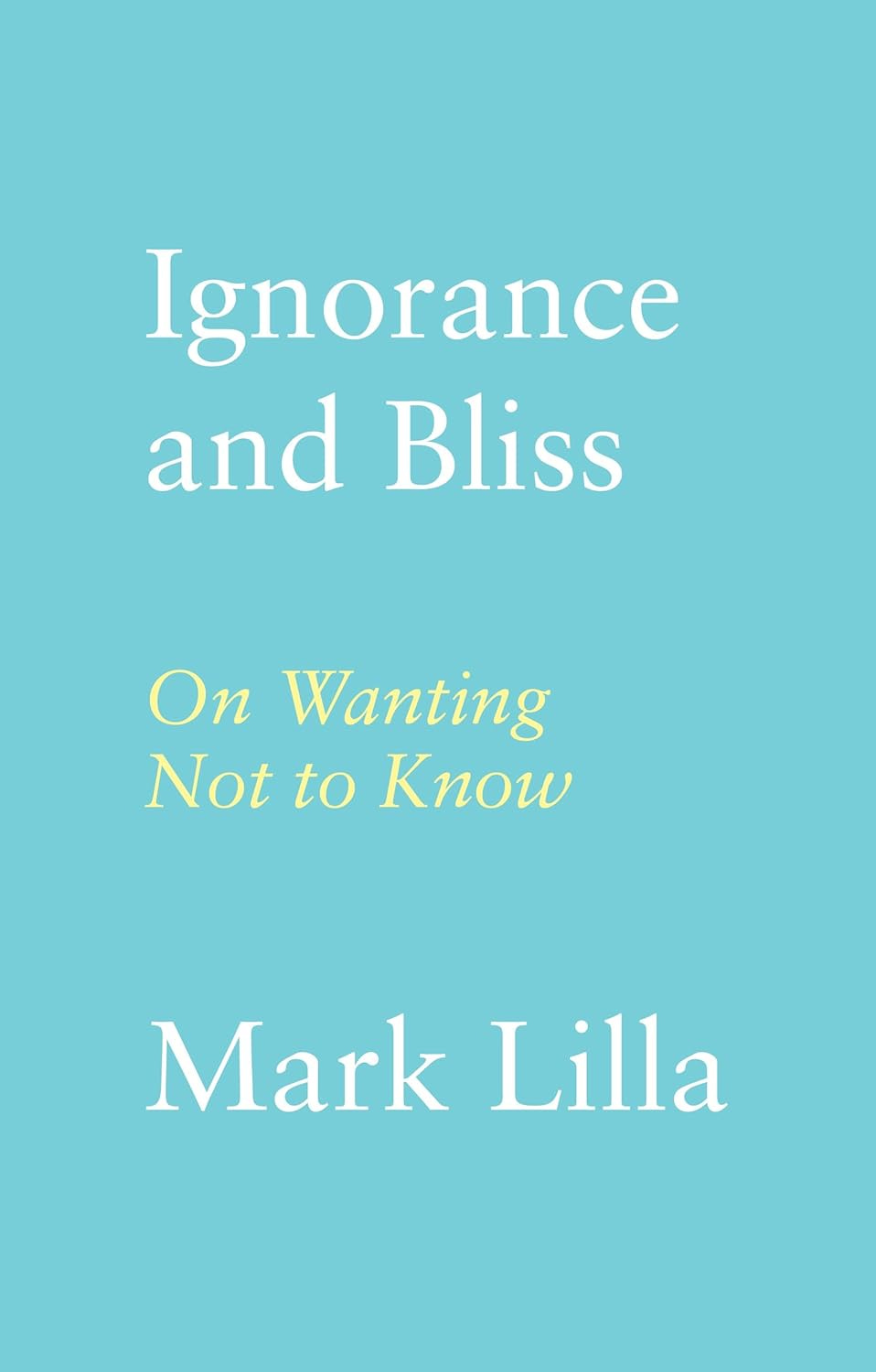
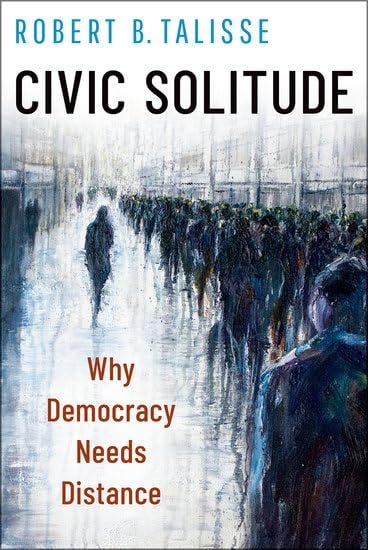
What a terrific reading list! These are, indeed, some of the most important topics/questions in our collective life.